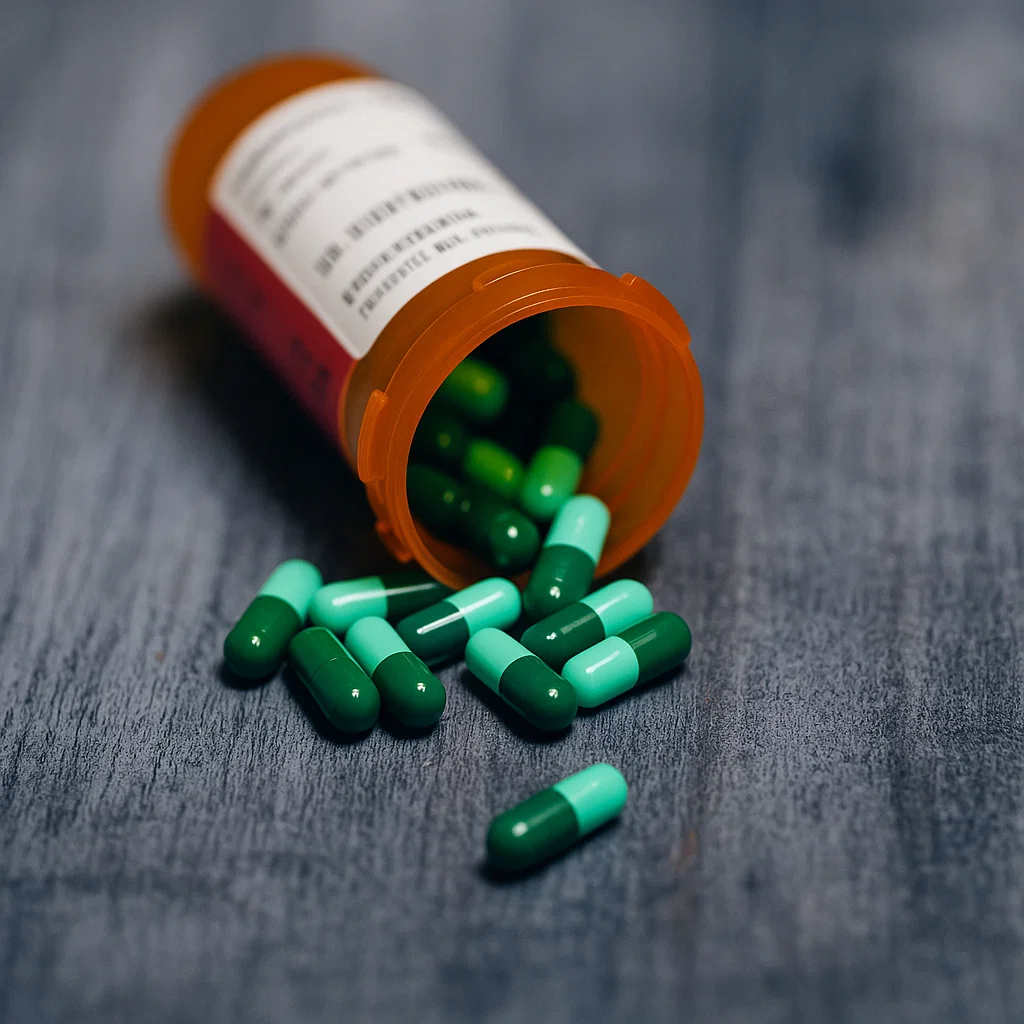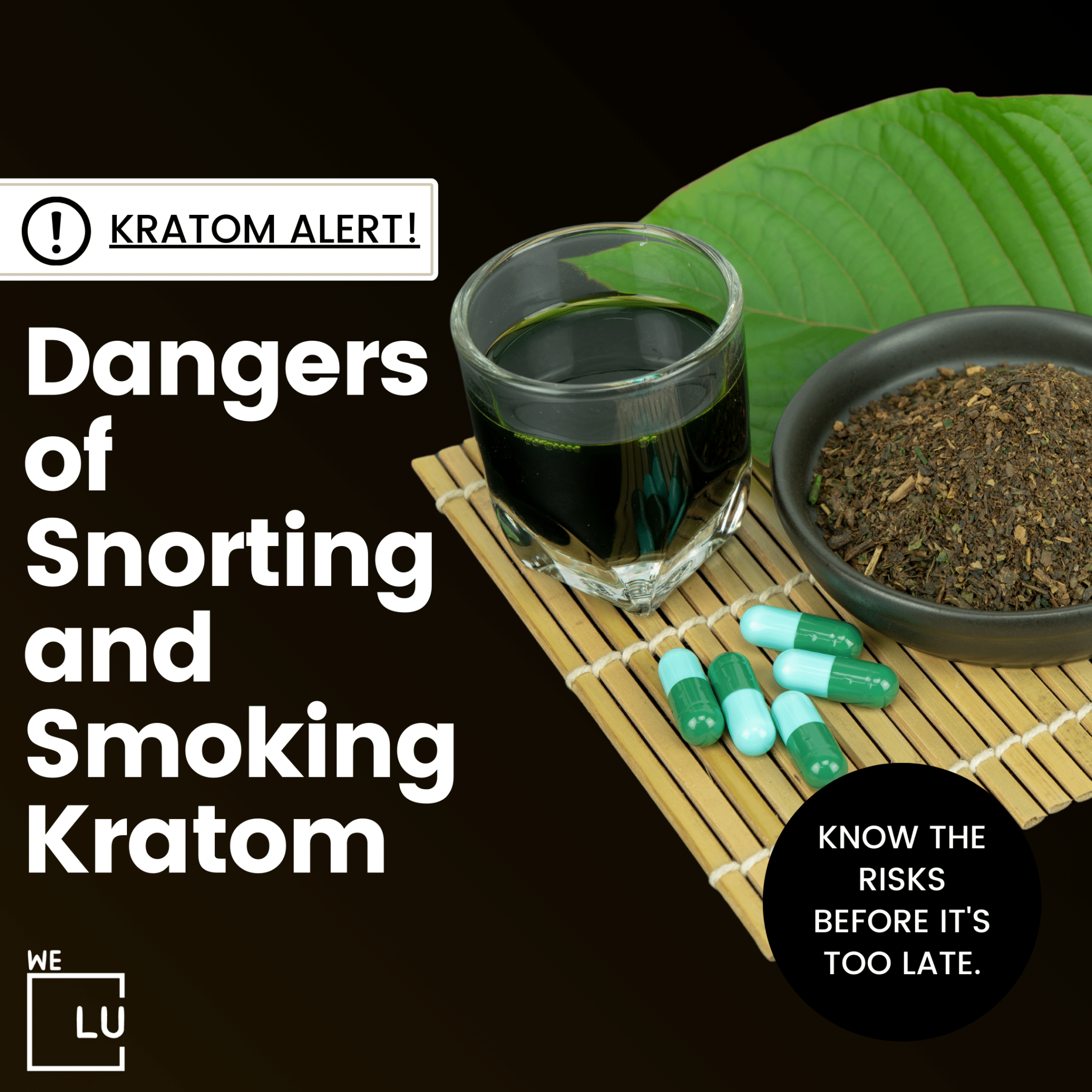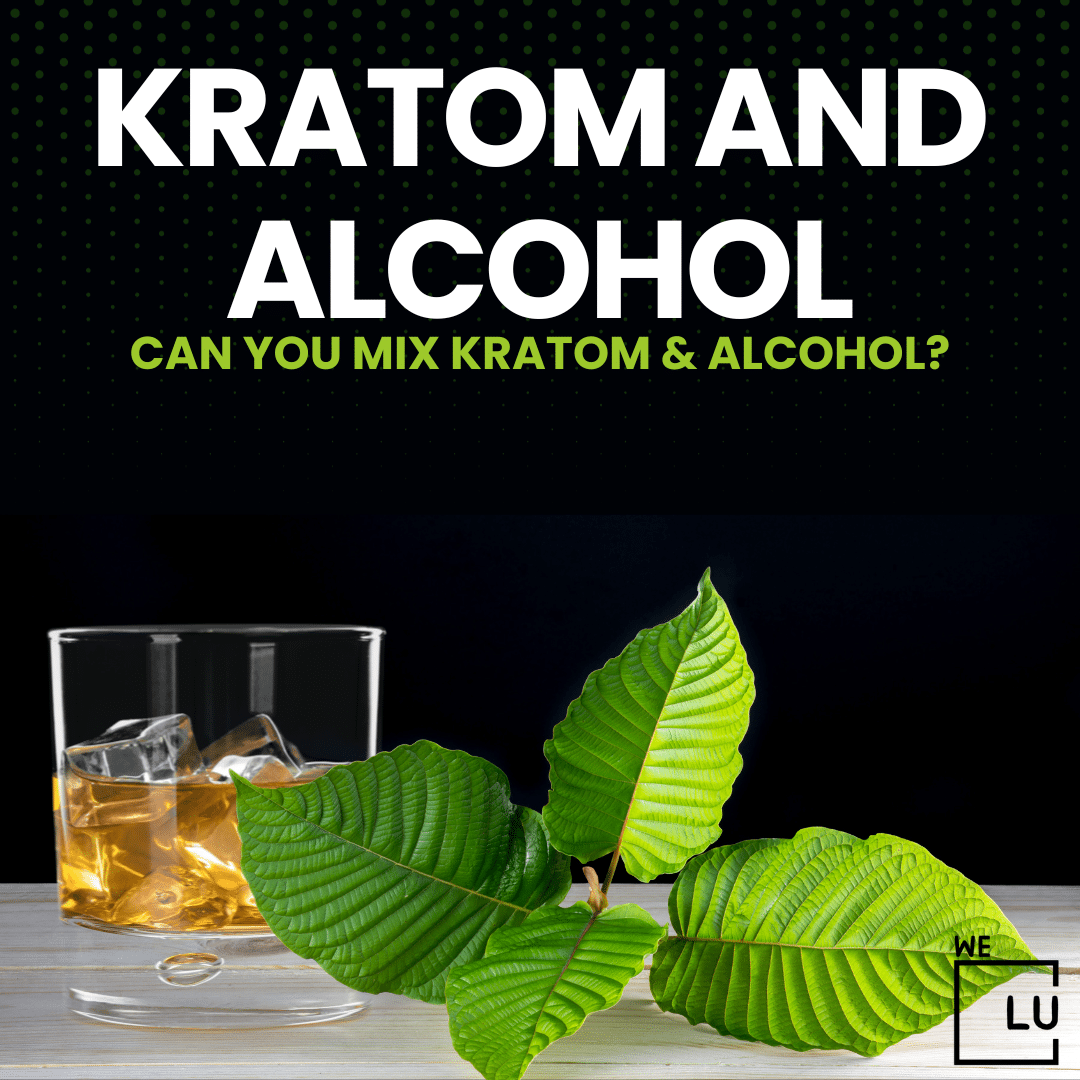What Is Cyclobenzaprine?
Cyclobenzaprine is a muscle relaxant medication primarily used to alleviate muscle spasms and discomfort associated with musculoskeletal conditions such as strains, sprains, and injuries. It is structurally related to tricyclic antidepressants, but its mechanism of action in the context of muscle relaxation is not fully understood.
Cyclobenzaprine functions by influencing the central nervous system, specifically targeting motor neurons. It likely exerts its effects by inhibiting the release of certain neurotransmitters, such as norepinephrine, from nerve terminals. This action may help reduce muscle spasms and increase the overall muscle tone.
Despite its efficiency, cyclobenzaprine is not recommended for long-term use due to potential side effects and the risk of developing tolerance. Common side effects include drowsiness, dry mouth, and dizziness. Individuals taking cyclobenzaprine to avoid alcohol and activities requiring mental alertness.
Cyclobenzaprine is usually prescribed as part of a comprehensive treatment plan, including rest and physical therapy, to enhance its therapeutic benefits. Following medical advice and dosage instructions is important to ensure safe and effective medication use.
Cyclobenzaprine And Alcohol
Can You Drink Alcohol With Cyclobenzaprine?
It is generally advised to avoid drinking alcohol while taking cyclobenzaprine. Combining the two can increase the risk of central nervous system depression, leading to heightened drowsiness, dizziness, and impaired coordination. Alcohol may intensify the side effects of cyclobenzaprine, making it unsafe to operate machinery or engage in activities requiring mental alertness. Always consult a healthcare professional for personalized advice based on your health condition and medications.
Misuse Of Cyclobenzaprine With Alcohol
Misusing cyclobenzaprine with alcohol is not uncommon, although it is not typically sought after for recreational purposes. Cyclobenzaprine is a muscle relaxant prescribed to alleviate muscle spasms and discomfort due to musculoskeletal conditions. However, some individuals may misuse or abuse it, often in combination with alcohol, to enhance its soothing effects or for recreational purposes.
Combining cyclobenzaprine with alcohol can amplify the depressant effects on the central nervous system. This can result in heightened drowsiness, dizziness, impaired coordination, and an increased risk of accidents or injuries. Moreover, the combination of cyclobenzaprine and alcohol can lead to severe respiratory depression, a potentially life-threatening condition where breathing becomes slow and shallow.
How Long After Taking Cyclobenzaprine Can I Drink Alcohol?
The specific timeline for when it is safe to drink alcohol after taking cyclobenzaprine can vary based on individual factors such as metabolism, overall health, and the particular dosage of the medication. However, as a general guideline, it is advisable to wait at least several hours after taking cyclobenzaprine before consuming alcohol.
Cyclobenzaprine has a relatively long half-life, meaning it stays in the system for a significant time. The medication’s effects can last for several hours, and combining it with alcohol during this period can lead to enhanced central nervous system depression.
To ensure safety and minimize potential risks, it’s recommended to consult with your healthcare provider for personalized advice regarding the specific timing and interaction between cyclobenzaprine and alcohol based on your circumstances. Always follow your healthcare provider’s instructions and avoid self-adjusting medication or alcohol intake without their guidance.
Cyclobenzaprine Side Effects With Alcohol
Combining cyclobenzaprine with alcohol can lead to an increased risk of side effects, as both substances can depress the central nervous system. Here are some potential side effects that may be exacerbated when cyclobenzaprine is taken with alcohol:
- Drowsiness and Sedation: Both cyclobenzaprine and alcohol can cause drowsiness. This effect is likely more pronounced when taken together, leading to excessive sleepiness or sedation.
- Dizziness and Impaired Coordination: Both substances can cause dizziness and impaired coordination. Combining them may intensify these effects, increasing the risk of falls or accidents.
- Cognitive Impairment: Alcohol and cyclobenzaprine can impair cognitive function. When used together, this may result in difficulty concentrating and decreased mental alertness.
- Risk of Overdose: Both alcohol and cyclobenzaprine can depress the central nervous system. Combining them increases the risk of overdose, which can be characterized by severe respiratory depression, unconsciousness, and, in extreme cases, can be life-threatening.
Individual responses to medications and alcohol can vary, and the severity of these effects may depend on factors such as the dosage of cyclobenzaprine, personal tolerance, and overall health. It is strongly recommended to consult with a healthcare professional before combining cyclobenzaprine with alcohol. See medical attention immediately if you experience any unusual or severe side effects.
Cyclobenzaprine Food And Drug Interactions
Cyclobenzaprine can interact with certain foods and drugs, potentially affecting its efficacy or leading to an increased risk of side effects. It’s important to discuss all medications, including over-the-counter medicines and dietary supplements, with your healthcare provider. Here are some interactions to be aware of:
- Monoamine Oxidase Inhibitors (MAOIs): Concurrent use of cyclobenzaprine with MAOIs, a class of antidepressants, can lead to serious side effects, including hypertensive crisis. Allow a sufficient time gap between discontinuing MAOIs and starting cyclobenzaprine.
- Sedative Medications: Combining cyclobenzaprine with other sedatives, such as benzodiazepines or certain antihistamines, can increase central nervous system depression, leading to heightened drowsiness and impaired coordination.
- Alcohol: As previously mentioned, alcohol can intensify the sedative effects of cyclobenzaprine, leading to increased drowsiness and impaired cognitive and motor functions.
- Grapefruit Juice: Grapefruit juice may inhibit the metabolism of cyclobenzaprine, potentially leading to increased blood levels of the medication. This interaction could amplify side effects and should be discussed with a healthcare provider.
- Urinary Acidifying Agents: Drugs or substances that acidify urine may decrease the elimination of cyclobenzaprine from the body. This interaction could lead to increased levels of the drug and an extended duration of its effects.
Always inform your healthcare provider about medications, supplements, or dietary habits before starting cyclobenzaprine or new medicines. They can provide personalized advice based on your medical history and help prevent potential interactions that may compromise your safety or the effectiveness of the treatment.

Skip To:
Learn More:
- Cyclobenzaprine Side Effects, Uses, Interaction Facts & More
- Is Cyclobenzaprine Addictive? Cyclobenzaprine Addiction
- What Do Muscle Relaxers Do? Types, Uses, and Effects.
- Muscle relaxers and alcohol, What to do, Risks, Dangers, Withdrawal, Other Interactions & Addiction
- Over-the-Counter Muscle Relaxers, Effects, Abuse, Withdrawal & Treatment
How Long Do The Effects Of Cyclobenzaprine Last?
The duration of the effects of cyclobenzaprine can vary depending on individual factors, including metabolism, dosage, and overall health. Generally, the onset of action occurs within 1 to 2 hours after taking the medication, with peak effects typically reached within 4 to 6 hours.
The therapeutic effects of cyclobenzaprine, which include muscle relaxation and relief from spasms, may last for several hours. The standard dosing regimen typically involves taking cyclobenzaprine two to three times a day, with the total daily dose spread out to maintain a consistent level of the medication in the body.
Cyclobenzaprine is not intended for long-term use, and its effectiveness may diminish. Healthcare providers often prescribe it for a short duration, such as 2 to 3 weeks, as part of a comprehensive treatment plan that may include rest, physical therapy, and other interventions.
Individuals are advised to follow the prescribed dosage and not to exceed recommended limits. Abruptly stopping cyclobenzaprine without proper medical guidance is not recommended, as it may lead to withdrawal-like symptoms. Always consult a healthcare professional for personalized advice on the duration and use of cyclobenzaprine based on individual health needs.
| Aspect | Immediate-Release Cyclobenzaprine | Extended-Release Cyclobenzaprine (Amrix) |
|---|---|---|
| Onset of Action | 1 to 2 hours | 1 to 2 hours |
| Peak Effects | 4 to 6 hours | 8 to 10 hours |
| Duration of Effects | Approximately 4 to 6 hours | Intended for a prolonged release over 24 hours |
Cyclobenzaprine Half-life
The half-life of a drug represents the time it takes for half of the administered dose to be eliminated from the body. The half-life of cyclobenzaprine, a muscle relaxant, is approximately 8-37 hours, with significant individual variability. This means that it takes roughly 8-37 hours for half of the ingested cyclobenzaprine to be cleared from the body.
Cyclobenzaprine is primarily metabolized in the liver, and its metabolites are excreted through the kidneys. Factors such as age, liver function, and kidney function can influence the elimination rate of the drug.
While the half-life provides an estimate of how long it takes for the drug to be eliminated, the effects of cyclobenzaprine, particularly its muscle relaxant properties, may not directly correlate with its half-life. The therapeutic effects are generally related to the concentration of the drug in the body, which is influenced by factors such as dosage, frequency of administration, and individual variations in drug metabolism.

Get Your Life Back
Find Hope & Recovery. Get Safe Comfortable Detox, Addiction Rehab & Dual Diagnosis High-Quality Care.
Hotline (855) 695-1160
Cyclobenzaprine Misuse
Misuse of cyclobenzaprine involves taking the medication in a manner or dosage other than prescribed by a healthcare professional. This can include:
- Taking Higher Dosages: Some individuals may misuse cyclobenzaprine by taking higher doses than prescribed, seeking a more pronounced sedative effect or attempting to achieve a sense of euphoria. This can lead to an increased risk of side effects and potential overdose.
- Combining with Other Substances: Misuse may involve combining cyclobenzaprine with other substances, such as alcohol or illicit drugs. This can amplify the sedative effects and pose serious health risks, including respiratory depression.
- Using Without a Prescription: Obtaining and using cyclobenzaprine without a valid prescription is a form of misuse. This can occur through sharing medications with others or acquiring them through illicit means.
- Dependency and Addiction: Prolonged misuse of cyclobenzaprine can lead to dependence, where the individual feels the need to continue using the drug to function normally. In some cases, this can escalate to addiction, involving compulsive drug-seeking behavior despite negative consequences.
Misuse of cyclobenzaprine can result in adverse health effects, including drowsiness, dizziness, blurred vision, and in severe cases, respiratory depression. It’s crucial to use this medication only as prescribed by a healthcare professional and to report any concerns or side effects promptly. If you suspect someone is misusing cyclobenzaprine or any other medication, encourage them to seek help from a healthcare provider or addiction specialist.
Get Help. Get Better. Get Your Life Back.
Searching for an Accredited Drug and Alcohol Rehab Centers in Near You?
Even if you have failed previously and relapsed, or are in the middle of a difficult crisis, we stand ready to support you. Our trusted behavioral health specialists will not give up on you. When you feel ready or just want someone to speak to about therapy alternatives to change your life call us. Even if we cannot assist you, we will lead you to wherever you can get support. There is no obligation. Call our hotline today.
FREE Addiction Hotline – Call 24/7Cyclobenzaprine Overdose
Cyclobenzaprine overdose can occur when an individual takes a higher dose than prescribed or when it is misused. An overdose of cyclobenzaprine can lead to severe and potentially life-threatening symptoms. Common signs of an overdose may include:
- Severe Drowsiness or Sedation: Excessive drowsiness impairs the individual’s ability to stay awake and alert.
- Confusion and Cognitive Impairment: Mental confusion, difficulty concentrating, and impaired cognitive function.
- Hypotension (Low Blood Pressure): A significant drop in blood pressure, leading to symptoms such as lightheadedness and fainting.
- Rapid Heart Rate (Tachycardia): An unusually fast heart rate can indicate cardiovascular distress.
- Respiratory Depression: Slow, shallow, or difficult breathing. In severe cases, respiratory depression can be life-threatening.
In the case of a suspected cyclobenzaprine overdose, immediate medical attention is crucial. Emergency medical services should be contacted, and the individual should be taken to the nearest emergency room. Treatment may involve supportive measures to maintain vital functions, such as providing oxygen and intravenous fluids and monitoring cardiac and respiratory functions.
Misuse, intentional or unintentional, increases the risk of overdose and adverse effects. If you or someone you know is struggling with substance misuse or has taken an excessive amount of medication, seek medical assistance promptly. Additionally, contact your local poison control center for guidance.

Comfortable Facilities & Amenities
High-Quality Addiction & Mental Health Rehabilitation Treatment
Rehab Centers TourRenowned California Addiction Center. Serene Private Facilities. Inpatient rehab programs vary.
Addiction Helpline (855) 695-1160Proven recovery success experience, backed by a Team w/ History of:
15+
Years of Unified Experience
100s
5-Star Reviews Across Our Centers
10K
Recovery Success Stories Across Our Network
- Low Patient to Therapist Ratio
- Onsite Medical Detox Center
- Comprehensive Dual-Diagnosis Treatment
- Complimentary Family & Alumni Programs
- Coaching, Recovery & Personal Development Events

Cyclobenzaprine Addiction
Cyclobenzaprine is not typically considered addictive in the same way substances like opioids or certain stimulants are. However, individuals can develop a psychological or physical dependence on cyclobenzaprine, especially if it is misused.
Factors that can contribute to cyclobenzaprine misuse or dependence include:
- Psychological Dependence: Individuals may develop a psychological reliance on the sedative effects of cyclobenzaprine, using it as a means of relaxation or escape from stress.
- Physical Dependence: Prolonged use of cyclobenzaprine can lead to the development of tolerance, where higher doses are needed to achieve the same effects. Additionally, abrupt discontinuation of the medication may result in withdrawal symptoms, such as rebound muscle spasms, insomnia, and anxiety.
- Combination with Other Substances: Some individuals may misuse cyclobenzaprine by combining it with other substances, such as alcohol or other drugs, which can increase the risk of dependence.
Use cyclobenzaprine only as prescribed by a healthcare professional and communicate openly with the healthcare provider about any concerns or changes in symptoms. If someone believes they may be experiencing dependence on cyclobenzaprine, it is crucial to seek guidance from a healthcare professional or addiction specialist. Abruptly stopping the medication without medical supervision is not recommended, as it can lead to withdrawal symptoms.
If you or someone you know is struggling with substance misuse or dependence, reach out to a healthcare professional or addiction treatment center for appropriate evaluation and support.
World-class, Accredited, 5-Star Reviewed, Effective Addiction & Mental Health Programs. Complete Behavioral Health Inpatient Rehab, Detox plus Co-occuring Disorders Therapy.
CALL (855) 695-1160End the Addiction Pain. End the Emotional Rollercoaster. Get Your Life Back. Start Drug, Alcohol & Dual Diagnosis Mental Health Treatment Now. Get Free No-obligation Guidance by Substance Abuse Specialists Who Understand Addiction & Mental Health Recovery & Know How to Help.
Cyclobenzaprine Side Effects
Cyclobenzaprine, a muscle relaxant, can have various side effects. It’s important to note that not everyone will experience these side effects, and the severity can vary. Common side effects of cyclobenzaprine include:
- Drowsiness: One of the most common side effects is drowsiness, which can affect a person’s ability to concentrate and operate machinery.
- Dry Mouth: Cyclobenzaprine may cause a dry mouth, contributing to issues such as difficulty swallowing or speaking.
- Dizziness: Some individuals may experience dizziness or lightheadedness, especially when standing up quickly.
- Fatigue: Feeling tired or fatigued is another common side effect of cyclobenzaprine.
- Blurred Vision: This medication may cause blurred vision, affecting the ability to see clearly.
- Constipation: Cyclobenzaprine can lead to constipation in some individuals.
- Nausea: Some people may experience nausea or an upset stomach.
- Nervousness or Anxiety: A small percentage of individuals may experience increased nervousness or anxiety.
- Headache: Headaches are reported as a side effect in some cases.
- Muscle Weakness: In rare instances, cyclobenzaprine may cause muscle weakness.
Inform your healthcare provider if you experience any unusual or severe side effects. Additionally, suppose you have a history of certain medical conditions or are taking other medications. In that case, your healthcare provider should be aware, as this can influence the likelihood and severity of side effects. In some cases, severe allergic reactions may occur, and immediate medical attention is necessary if symptoms such as rash, itching, swelling, severe dizziness, or difficulty breathing are observed.
Experience Transformative Recovery at the We Level Up California Treatment Center.
See our authentic success stories. Get inspired. Get the help you deserve.



Start a New Life
Begin with a free call to an addiction & behavioral health treatment advisor. Learn more about our dual-diagnosis programs. The We Level Up treatment center network delivers recovery programs that vary by each treatment facility. Call to learn more.
- Personalized Care
- Caring Accountable Staff
- World-class Amenities
- Licensed & Accredited
- Renowned w/ 100s 5-Star Reviews
We’ll Call You
Muscle Relaxers Cyclobenzaprine, Soma, Baclofen, their Side Effects, Warnings, Types & Risks
Search We Level Up CA Cyclobenzaprine And Alcohol, Drug & Alcohol Rehab / Detox & Mental Health Topics & Resources
Sources
- Winek CL Jr, Wahba WW, Winek CL. Drowning due to cyclobenzaprine and ethanol. Forensic Sci Int. 1999 Mar 15;100(1-2):105-8. doi: 10.1016/s0379-0738(98)00161-3. PMID: 10356778. Related Reading: Cyclobenzaprine And Alcohol, Cyclobenzaprine Alcohol, Cyclobenzaprine With Alcohol, Cyclobenzaprine Interactions With Alcohol, Alcohol And Cyclobenzaprine, Cyclobenzaprine Side Effects With Alcohol, Cyclobenzaprine Alcohol Interactions,
- Messiha FS, Barnes CD. Cyclobenzaprine and ethanol interaction. Pharmacol Biochem Behav. 1979 Jun;10(6):947-9. doi: 10.1016/0091-3057(79)90074-1. PMID: 482318. Related Reading: Cyclobenzaprine And Alcohol, Cyclobenzaprine Alcohol, Cyclobenzaprine With Alcohol, Cyclobenzaprine Interactions With Alcohol, Alcohol And Cyclobenzaprine, Cyclobenzaprine Side Effects With Alcohol, Cyclobenzaprine Alcohol Interactions,
- Khan I, Kahwaji CI. Cyclobenzaprine. [Updated 2023 Aug 28]. In: StatPearls [Internet]. Treasure Island (FL): StatPearls Publishing; 2023 Jan-. Available from: https://www.ncbi.nlm.nih.gov/books/NBK513362/
- Medline Plus – Cyclobenzaprine – https://medlineplus.gov/druginfo/meds/a682514.html
- FDA Access Data – Flexeril (Cyclobenzaprine) – https://www.accessdata.fda.gov/drugsatfda_docs/label/2003/017821s045lbl.pdf
- DEA – Cyclobenzaprine – https://www.deadiversion.usdoj.gov/drug_chem_info/cyclobenzaprine.pdf
- Label: Cyclobenzaprine — cyclobenzaprine hydrochloride tablet, film coated. (2019). https://dailymed.nlm.nih.gov/dailymed/drugInfo.cfm?setid=b12fb4ea-182e-462b-b6ed-cfd2f6bb71e8
- Elder NC. Abuse of skeletal muscle relaxants. Am Fam Physician. 1991 Oct;44(4):1223-6. PMID: 1927837.
- LiverTox: Clinical and Research Information on Drug-Induced Liver Injury [Internet]. Bethesda (MD): National Institute of Diabetes and Digestive and Kidney Diseases; 2012-. Muscle Relaxants. [Updated 2017 Jan 30]. Available from: https://www.ncbi.nlm.nih.gov/books/NBK548375/
- Witenko, C., et al. (2014). Considerations for the appropriate use of skeletal muscle relaxants for the management of acute low back pain. https://www.ncbi.nlm.nih.gov/pmc/articles/PMC4103716/
- Borenstein DG, Korn S. Efficacy of a low-dose regimen of cyclobenzaprine hydrochloride in acute skeletal muscle spasm: results of two placebo-controlled trials. Clin Ther. 2003 Apr;25(4):1056-73. doi: 10.1016/s0149-2918(03)80067-x. PMID: 12809957.
- Long-term Use of Cyclobenzaprine for Pain: A Review of the Clinical Effectiveness [Internet]. Ottawa (ON): Canadian Agency for Drugs and Technologies in Health; 2015 Feb 23. PMID: 25763449.




